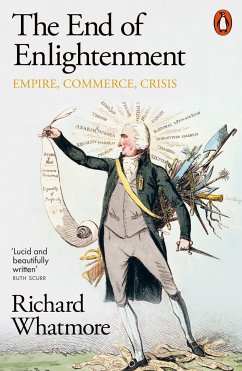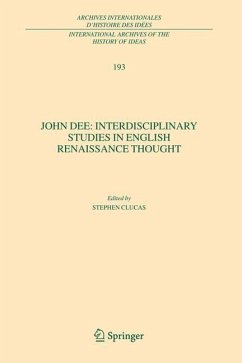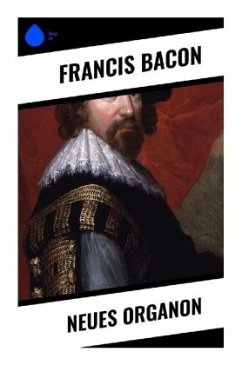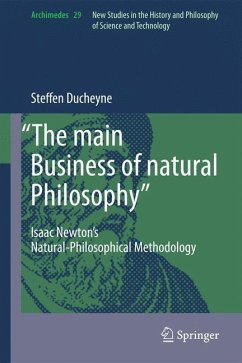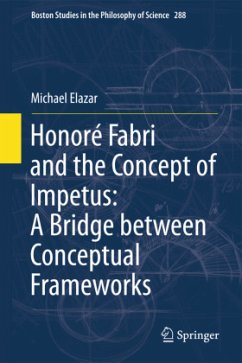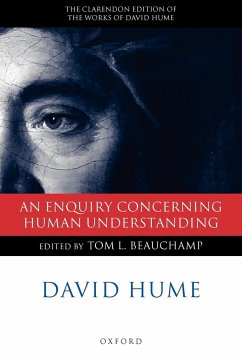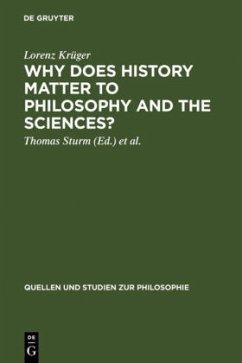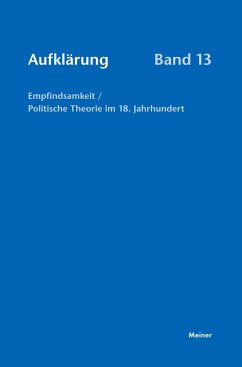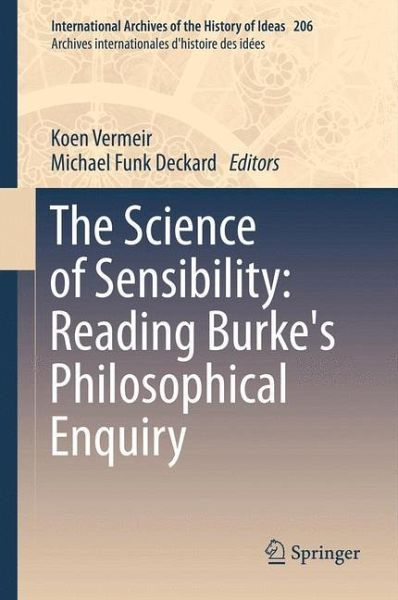
The Science of Sensibility: Reading Burke's Philosophical Enquiry

PAYBACK Punkte
38 °P sammeln!
This book examines Edmund Burke's Philosophical Enquiry in both its historical context and contemporary relevance. It establishes the historical, philosophical, literary, and scientific importance of the Philosophical Enquiry as an independent work.
Attracting philosophers, politicians, artists as well as the educated reader, Edmund Burke's Philosophical Enquiry , first published in 1757, was a milestone in western thinking. This edited volume will take the 250th anniversary of the Philosophical Enquiry as an occasion to reassess Burke's prominence in the history of ideas. Situated on the threshold between early modern philosophy and the Enlightenment, Burke's oeuvre combines reflections on aesthetics, politics and the sciences. This collection is the first book length work devoted primarily to Burke's Philosophical Enquiry in both its historical context and for its contemporary relevance. It will establish the fact that the Enquiry is an important philosophical and literary work in its own right.





